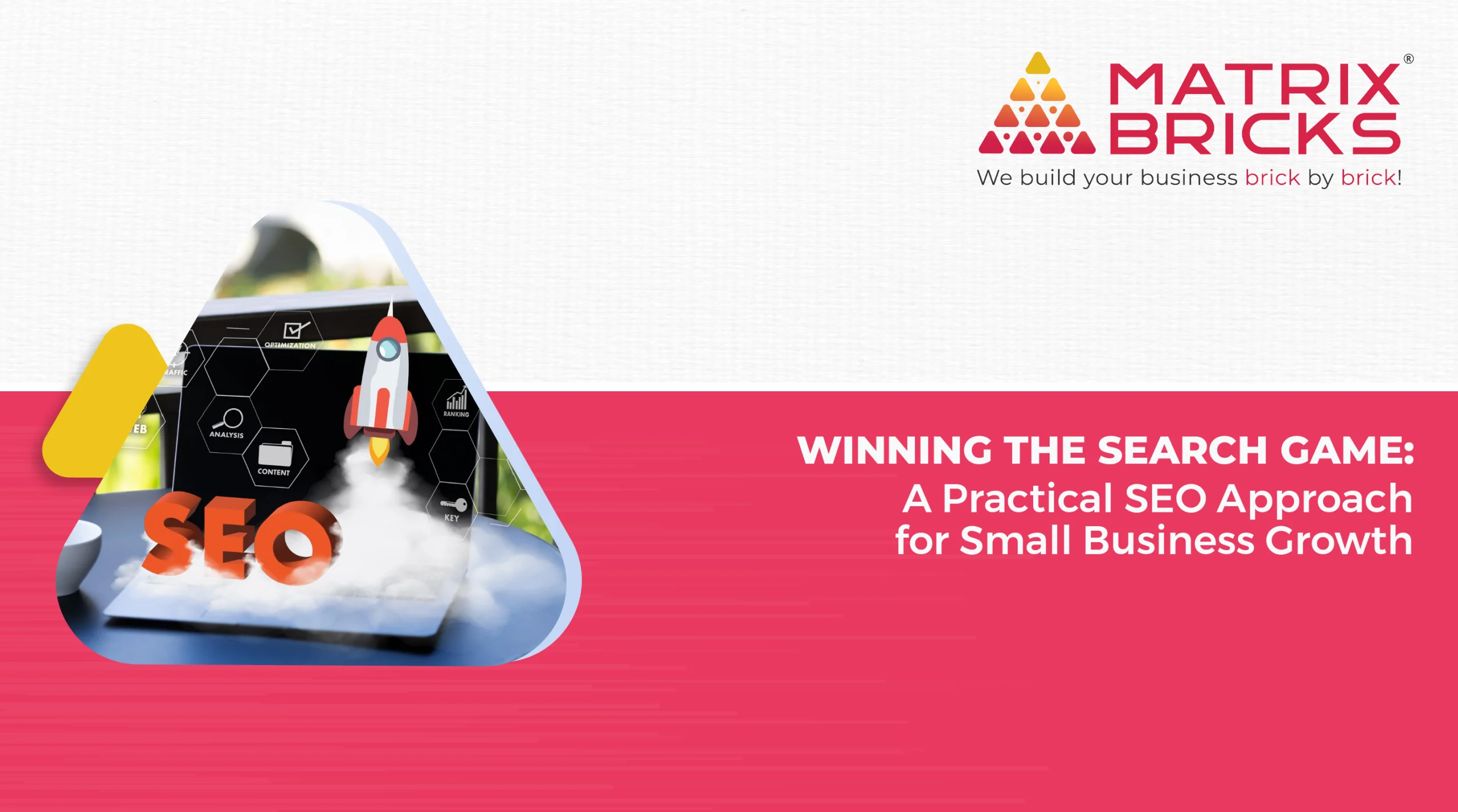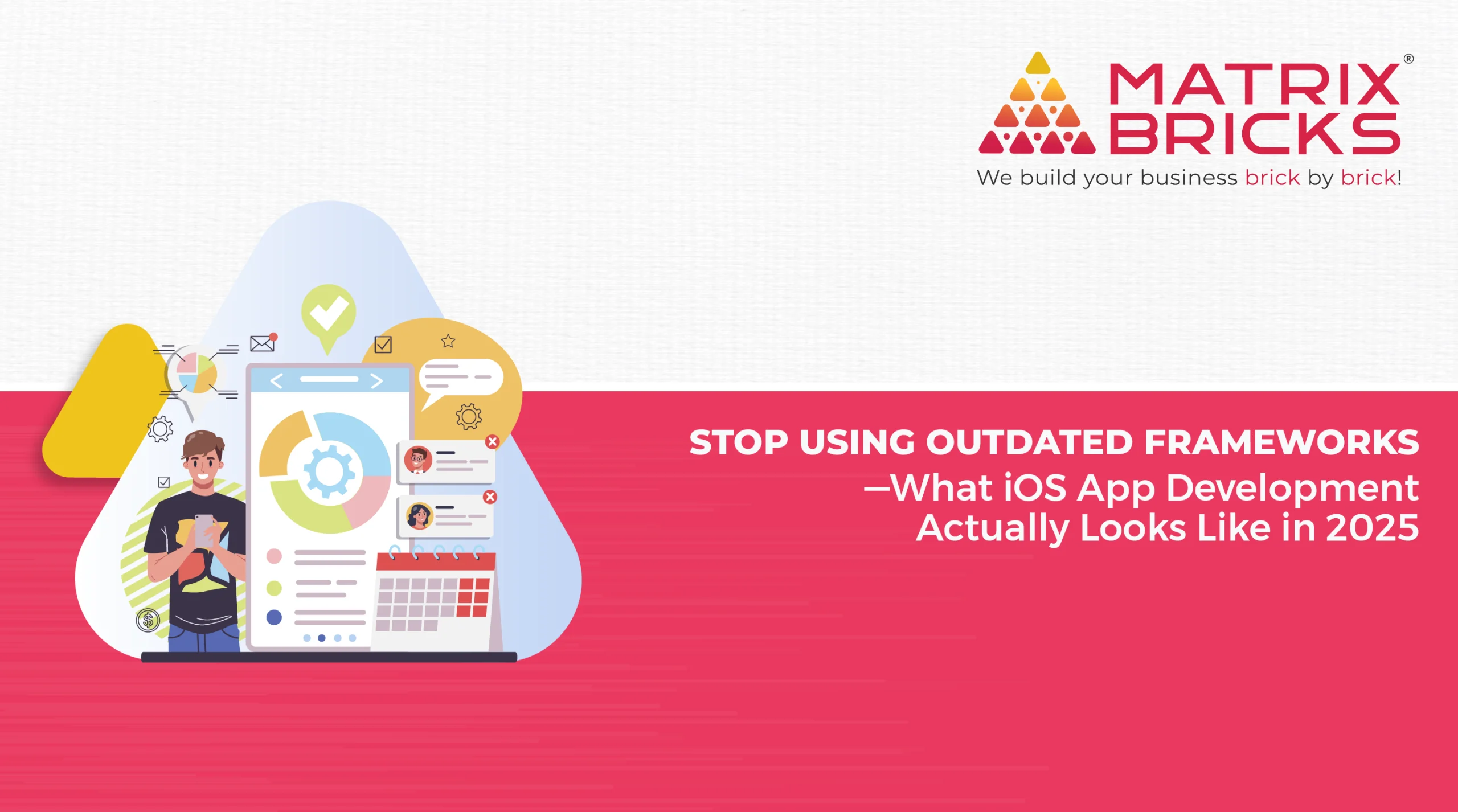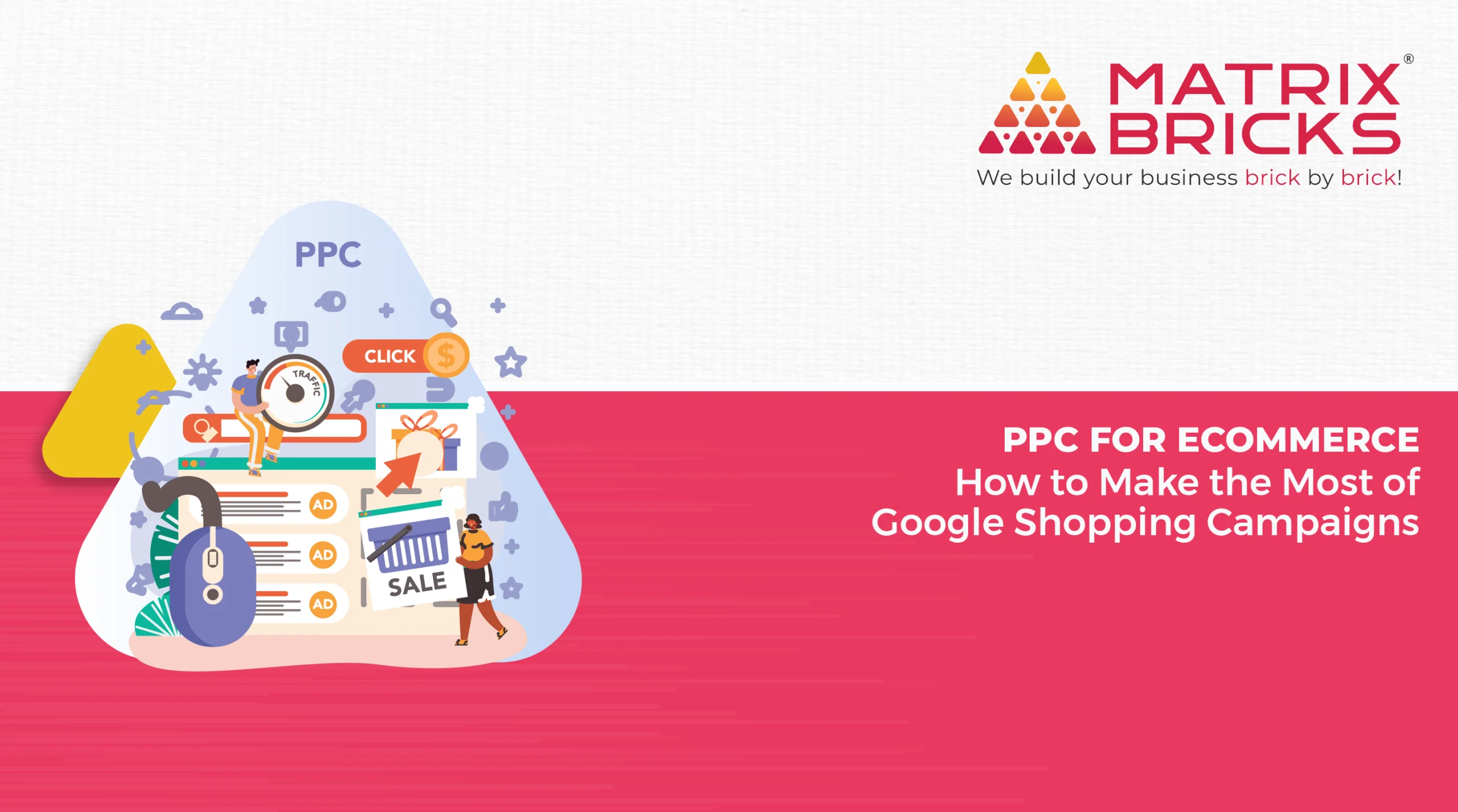Matrix Bricks serves as a reliable partner for delivering effective SEM services. As a trusted search engine marketing digital agency, we understand the importance of online visibility and driving targeted traffic to your website.
Our team of SEM professionals is well-versed in the latest digital marketing trends. Whether you run a small business or lead a large enterprise, our tailored SEM strategies aim to meet your unique business objectives and generate measurable outcomes.
Our Approach to Search Engine Marketing
Our SEM approach begins with a deep analysis of your business and target audience. We then develop a tailored SEM campaign that guarantees maximum visibility on search engine results pages (SERPs). By conducting extensive keyword research, we pinpoint the most relevant keywords for your business, ensuring that your website ranks at the top when potential customers search for your products or services.
As part of our SEM services, we specialize in both Search Engine Optimization (SEO) and Pay-Per-Click (PPC) advertising. Our SEO team optimizes your website’s structure, content, and metadata to improve organic search rankings and drive organic traffic. For PPC campaigns, we develop compelling ad copies and landing pages targeting area-specific keywords and demographics to maximize your ad spend and generate qualified leads.

Benefits of Search Engine Marketing Services
Increased Visibility and Traffic
Targeted Advertising
Cost-Effective
Brand Exposure
Flexible Campaign Management
Enhanced Conversion Tracking
Why Hire Us for SEM?



Experienced SEM Consultants
Customized Solutions
Holistic Digital Approach
Advanced Ad Extensions
Conversion Rate Optimization (CRO)
Frequently asked questions
What is Search Engine Marketing (SEM)?
What are the benefits of SEM for my business?
How much should I spend on SEM?
How long does it take to see results from SEM?
Can I run an SEM campaign alongside other marketing strategies?
Can an SEM company help with both organic and paid search engine marketing?
How do SEM agencies measure the success of SEM campaigns?
Is SEM suitable for all types of businesses?
What is A/B testing in SEM?
How does SEM impact website traffic and conversions?
Get Your Free Audit Now!
Client Testimonials












